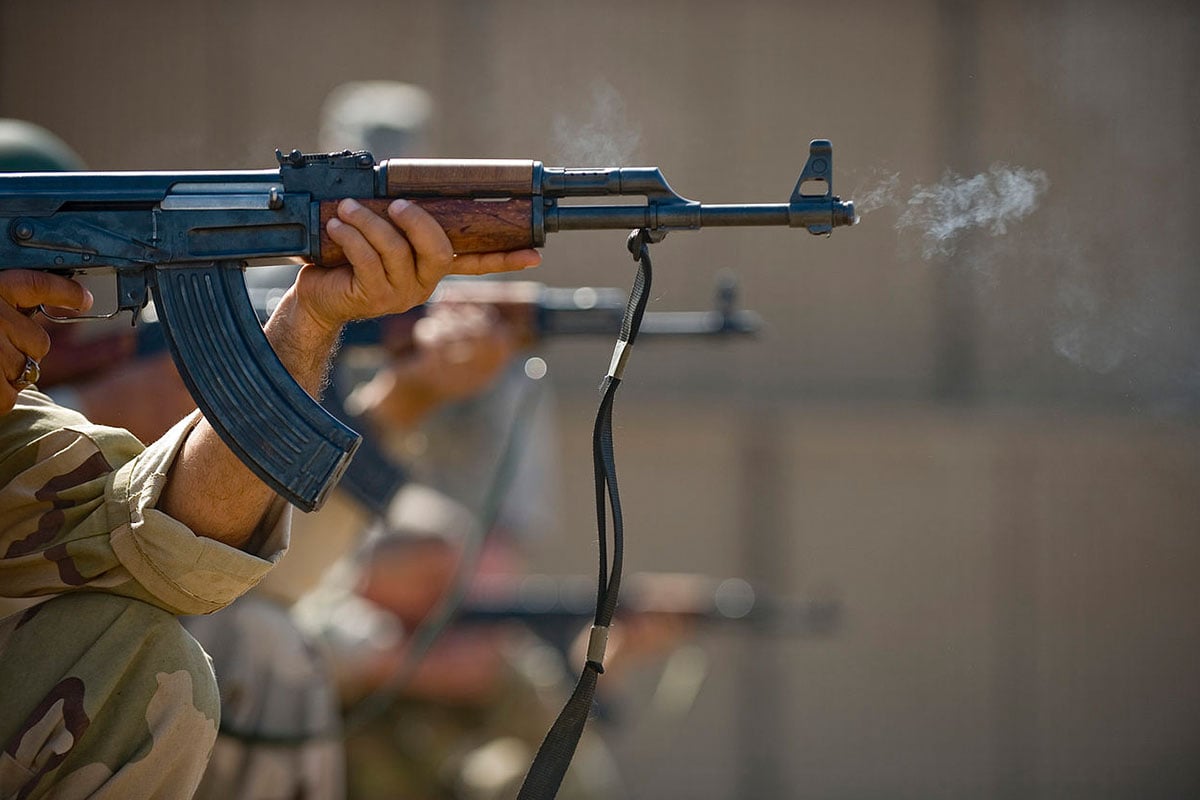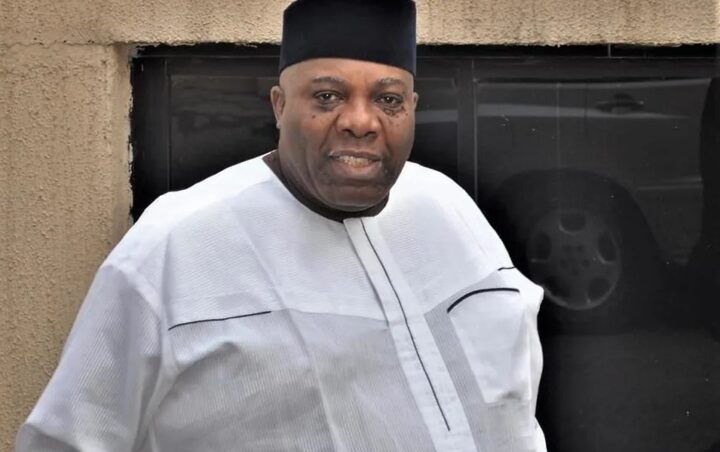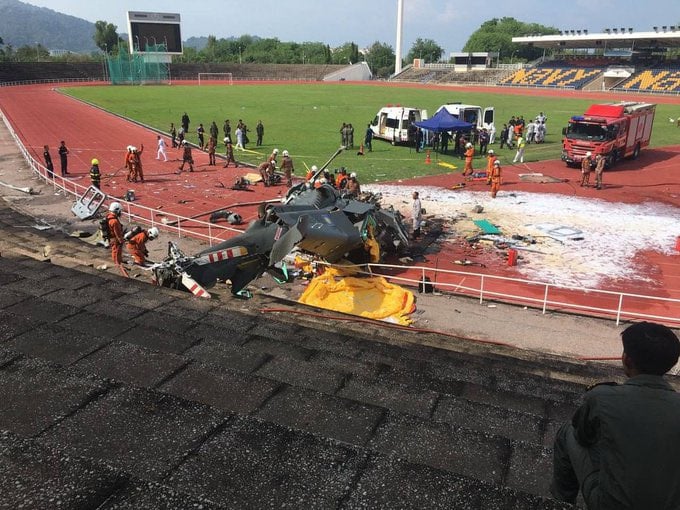Nuhu Ribadu, national security adviser (NSA), says government has been blocking access to small arms and light weapons, making it difficult for non-state actors to acquire them.
Ribadu spoke on Monday at the opening of the two-day counter-terrorism meeting in Abuja.
“We are working and I think we have done fairly well,” he said.
“One of the things that we have seen as an indication that things are beginning to look different for example, is AK 47 that used to be sold for less than N500,000 last year but now goes for N5 million.
Advertisement
“This means it is not available and we are mopping them up, we are taking them out, we are destroying them. We do not just take but we destroy.
“A lot of this work is ongoing, but people don’t really see; we salute our armed forces, our security forces, our governors who are doing extremely well.”
Ribadu also said terrorism-related deaths have reduced in Nigeria from about 2,600 monthly to less than 200 currently.
Advertisement
The NSA said the government chose to pursue these efforts silently to achieve results.
‘ANTI-TERRORISM LEGISLATION YIELDING RESULTS’
The NSA cited foreign terrorist fighters, organised crime, prolonged conflicts, drug trafficking, illicit arms strength, high youth unemployment, porous borders, and inadequate policies, as factors that threaten the stability of regions on the continent.
Ribadu said political instability, governance challenges, ethnic and religious tensions, economic inequality and poverty, also significantly contribute to these issues, necessitating security strategies that combine military, economic, and regional efforts.
Advertisement
“Effective strategies require comprehensive approaches that addresses these drivers, promote socio-economic development, enhance governance, resolve conflicts, and strengthen regional and international cooperation,” he said.
Speaking on Nigeria’s 15-year battle with Boko Haram and the Islamic State of West Africa Province (ISWAP), Ribadu said armed groups have evolved, presenting emerging security challenges for the country.
The NSA said efforts such as the implementation of the national counter-terrorism strategy, and legislation such as the Terrorism Prevention and Prohibition Act and the Money Laundering Prevention and Prohibiting Act, have yielded results.
Ribadu also said the establishment of the National Counter-terrorism Centre, the National Centre for the Control of Small Arms and Light Weapons, and the National Cybersecurity Coordination Centre, have helped to anticipate and neutralise threats before they manifest.
Advertisement
The NSA added that government is enhancing its judicial capabilities in order to effectively prosecute terrorist offenders.
“Additionally, I am taking this opportunity to inform the world that we have resumed the prosecution of the Boko Haram and affiliated suspects detained in Kainji and other locations across the country,” he said.
Advertisement
Add a comment






